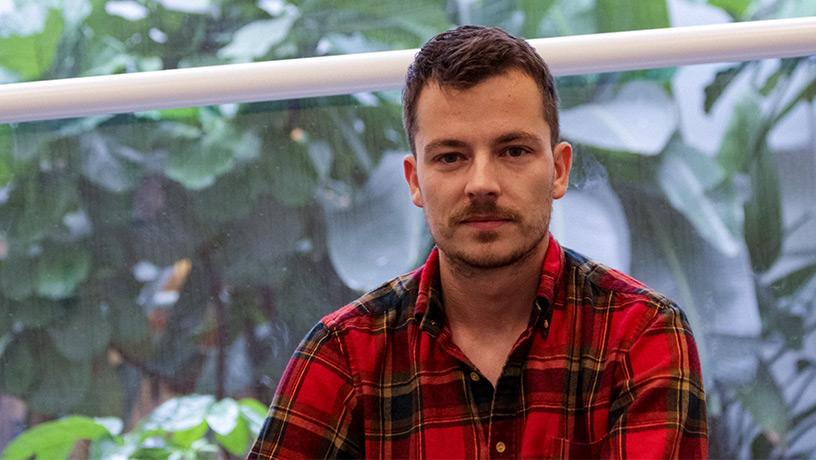Mijo Simunovic Named an NIH New Innovator
Chemical engineer and development biologist is advancing ways to develop human organs in the lab

Mijo Simunovic, assistant professor of chemical engineering, has received an NIH Director’s New Innovator Award. This highly prestigious five-year $2.4 million award supports exceptionally creative early career faculty to pursue high-risk, high-reward research of considerable interest to human health. It will support Simunovic’s work in advancing ways we model human organ development in a lab.
Simunovic’s work builds on recent breakthroughs in stem cell engineering of 3D tissues that have enabled researchers to recreate aspects of human organ formation on a dish. These so-called organoids mimic organ development in many ways and hold promise one day to serve as a renewable source of human tissues. However, techniques used to create them often rely on spontaneous self-organization, making organoids still only a distant approximation to actual organs.
Simunovic, who is also affiliated with the department of genetics and development at Columbia University Irving Medical Center and is a member of the Columbia Stem Cell Initiative, aims to change paradigms in how human organoids are built. By employing tissue engineering and gene editing, Simunovic plans to precisely control the chemical signaling and gene expression in human pluripotent stem cells in a way that induces highly accurate tissue patterning, ultimately mimicking the organogenesis of multiple organs along the body axis. Simunovic hopes that because their system overcomes the problems of spontaneous tissue organization in traditional cell culture, it will not only be possible to generate more realistic organoids, but also to create highly precise human tissues, a major challenge in regenerative medicine. Such progress would make the possibility of lab-grown replacement organs a reality one day.
Trained in the physical sciences, Simunovic’s research interests lie at the intersection of chemical and biological engineering and developmental biology. Their lab comprises a diverse group of engineers, geneticists, physicists, and synthetic biologists, all focused on discovering the basic mechanisms of human development, devising new approaches in reconstructing human embryo and organ formation in a lab, and of understanding its failure.
